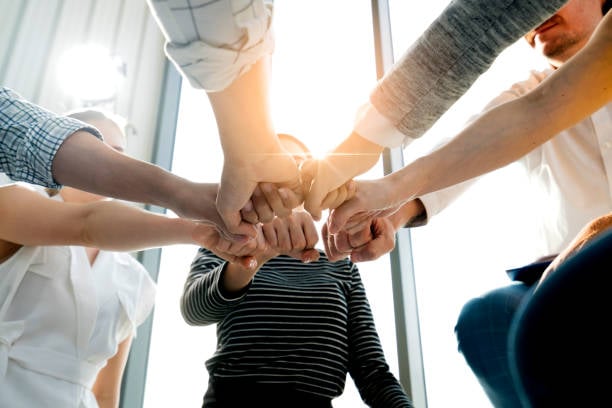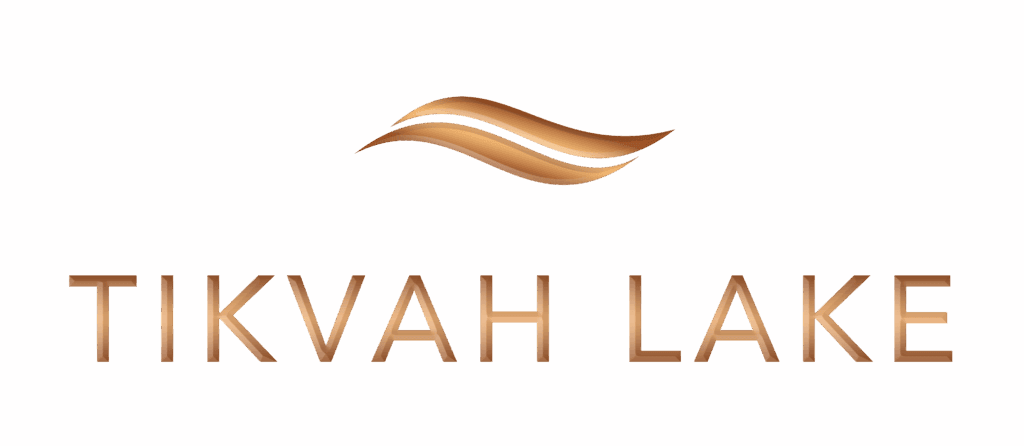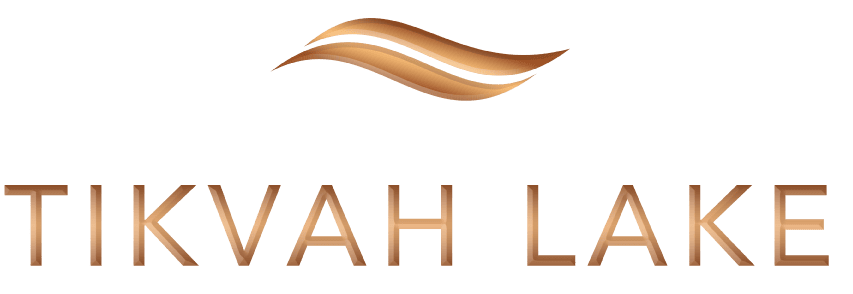Ignite change with impactful addiction awareness activities! Discover community workshops, online resources, and more. Join the movement now!
Understanding Addiction Awareness
In order to create meaningful change and support individuals affected by addiction, it is essential to have a comprehensive understanding of addiction awareness. This section explores the importance of addiction awareness and the different approaches to addiction education.
The Importance of Addiction Awareness
Addiction awareness plays a vital role in addressing the challenges posed by substance abuse and addiction. By increasing awareness, communities can foster empathy, reduce stigma, and promote prevention and early intervention. Here are a few key reasons why addiction awareness is crucial:
- Education and Prevention: Addiction awareness equips individuals with knowledge about the risks and consequences of substance abuse. By understanding the potential harms associated with addiction, individuals can make informed decisions and take steps to prevent addiction before it begins.
- Reducing Stigma: One of the main barriers to seeking help for addiction is the stigma surrounding it. Addiction awareness initiatives aim to break down these stereotypes and misconceptions, fostering a more compassionate and supportive society. This allows individuals affected by addiction to seek help without fear of judgment or discrimination.
- Early Intervention: Early intervention is key to preventing addiction from escalating and causing further harm. By raising awareness about the signs and symptoms of addiction, communities can identify and provide support to individuals at risk at an early stage. Early intervention improves the chances of successful recovery and reduces the long-term impact of addiction.
Different Approaches to Addiction Education
Addiction education encompasses various approaches that aim to inform and educate individuals about the nature of addiction. Here are a few common methods used in addiction education:
- Substance Abuse Prevention Programs: Prevention programs focus on educating individuals, particularly youths, about the risks associated with substance abuse. These programs may be implemented in schools, community centers, or through online platforms. They aim to empower individuals with knowledge and skills to make healthy choices and resist peer pressure.
- Awareness Campaigns and Events: Awareness campaigns and events are powerful tools to engage communities and promote addiction awareness. These initiatives may involve public rallies, walks, or online campaigns to spread messages of support, prevention, and recovery. They serve as platforms to share personal stories, provide resources, and encourage individuals to seek help.
- Educational Resources: Educational resources such as websites, blogs, videos, and printed materials provide valuable information about addiction, its effects, and available resources for support. These resources may include factsheets, brochures, and guides that can be accessed by individuals seeking information or professionals working in the field.
By utilizing different approaches to addiction education, communities can create a supportive environment that fosters understanding, empathy, and action. Whether through prevention programs, awareness campaigns, or educational resources, addiction awareness activities play a vital role in addressing the challenges posed by addiction and supporting individuals on their journey to recovery.
Impactful Addiction Awareness Activities
Raising awareness about addiction is vital in combating the stigma associated with substance abuse and promoting understanding and support for individuals struggling with addiction. Various impactful addiction awareness activities can engage communities and foster education and empathy. Here are three effective activities that play a significant role in addiction awareness:
Community Workshops and Seminars
Community workshops and seminars provide a platform for education and discussion surrounding addiction. These events bring together professionals, community members, and experts to share knowledge, experiences, and resources. Workshops and seminars cover a wide range of topics, including substance abuse prevention, signs of addiction, available treatment options, and supporting loved ones in recovery.
By facilitating open and honest conversations, these events help to dispel myths and misconceptions about addiction while building a supportive network within the community. Attendees gain valuable insights and practical tools to recognize the signs of addiction, provide support, and access available resources.
Support Group Meetings and Events
Going to support group meetings and events is really important for people dealing with addiction. At these gatherings, people can talk openly without being judged. They can meet others going through similar things, which helps them feel like they’re not alone. Groups like Alcoholics Anonymous (AA) and Narcotics Anonymous (NA) are great places to share stories and get advice.
When someone goes to a support group meeting, they can see how others are doing in their recovery. This helps people feel more connected and less alone. There are also events like conferences and retreats where people can learn from experts and meet even more people in recovery. If you’re looking for support, try finding local groups that offer meetings and events for people with addiction.
Awareness Campaigns and Events
Awareness campaigns and events can help people learn more about addiction and how it affects individuals, families, and communities. These campaigns use different ways, like social media, posters, and ads, to spread information and involve the public. They aim to challenge stereotypes, reduce shame, and increase understanding.
Addiction awareness events, like walks and runs, are a way for communities to come together and support each other. These events raise money for addiction treatment and prevention and encourage people to talk about addiction. By joining these events, people can help promote addiction awareness and support those who are affected by addiction.
Going to workshops, support group meetings, and events, and taking part in awareness campaigns are all good ways to promote addiction awareness. These activities help people learn more, show empathy, and support others. This helps create a more caring and informed society.
Engaging Youth in Addiction Awareness
Raising awareness about addiction among young people is crucial for prevention and early intervention. By engaging youth in addiction awareness activities, we can equip them with knowledge and resources to make informed decisions and support their peers. Here are three effective ways to engage youth in addiction awareness:
School-Based Programs and Presentations
Schools play a vital role in educating students about addiction and its consequences. Implementing school-based programs and presentations can provide valuable information and create a safe space for discussions. These programs can include:
- Guest speakers: Inviting addiction experts, recovering individuals, or healthcare professionals to share their experiences and knowledge.
- Classroom presentations: Conducting informative sessions that cover the science of addiction, risk factors, and the impact of substance abuse on physical and mental health.
- Substance abuse prevention programs: Implementing evidence-based programs that focus on building resilience, decision-making skills, and refusal strategies.
Youth-Led Awareness Initiatives
Empowering young people to take an active role in addiction awareness can be impactful. Youth-led initiatives encourage peer-to-peer conversations and create an environment where young individuals feel comfortable discussing addiction-related topics. Some effective youth-led awareness initiatives include:
- Student clubs or organizations: Establishing clubs focused on addiction awareness and prevention, where students can organize events, workshops, and awareness campaigns.
- Peer mentoring programs: Pairing older students with younger mentees to provide guidance and support on substance abuse prevention.
- Student-led workshops: Encouraging students to design and deliver workshops on addiction awareness, addressing topics that resonate with their peers.
By involving young people in planning and implementing these initiatives, we empower them to become agents of change within their communities.
Creative Expressions for Awareness
Artistic expression can be a powerful tool for raising addiction awareness among youth. Encouraging creative activities allows young individuals to explore their emotions, share personal stories, and engage others in meaningful discussions. Some creative expressions for addiction awareness include:
- Art competitions: Organizing art competitions that encourage students to create artworks related to addiction, recovery, or prevention.
- Poetry slams and spoken word events: Providing platforms for students to express their thoughts and experiences through poetry and spoken word performances.
- Addiction awareness posters and campaigns: Encouraging students to design visually compelling posters that convey powerful messages about addiction prevention and support.
Online platforms and social media can amplify the impact of these creative expressions, allowing young people to share their work and reach a wider audience.
Engaging youth in addiction awareness activities not only helps them understand the risks associated with substance abuse but also empowers them to make informed choices and support their peers. By providing school-based programs, promoting youth-led initiatives, and encouraging creative expressions, we can foster a generation that is knowledgeable, compassionate, and actively involved in addiction prevention efforts.
Online Resources and Platforms
In today’s digital age, online resources and platforms play a vital role in spreading addiction awareness and education. They provide accessible and convenient avenues for individuals to learn, engage, and seek support. Here are three key online resources and platforms that contribute to addiction awareness activities:
Educational Websites and Blogs
Educational websites and blogs dedicated to addiction awareness are valuable sources of information and resources. These platforms offer comprehensive articles, guides, and interactive content to educate individuals about addiction, its causes, effects, and available treatment options. They also provide insights into prevention strategies and tips for supporting individuals struggling with addiction.
These websites and blogs often collaborate with experts, medical professionals, and individuals with lived experiences to provide well-rounded and evidence-based information. Topics covered may include substance abuse prevention, addiction education videos, addiction awareness posters, addiction education programs, and addiction education curriculum.
Social Media Campaigns and Hashtags
Social media is a powerful tool for talking about addiction and reaching lots of people. People and organizations can use hashtags like #AddictionAwareness or #EndTheStigma to share stories, resources, and personal experiences. This helps to make addiction less scary and encourages people to seek help. You can share videos, pictures, and stories to teach people about addiction and inspire change.
Online Support Communities
Online support communities are a safe and private place for people affected by addiction to connect, share stories, and get support. You can join a forum, chat room, or online group to talk about your struggles, get advice, and feel encouraged.
These communities let you connect with people who understand what you’re going through, so you feel like you belong. They can also give you information about resources, like phone numbers, treatment centers, and therapy. But remember, these sites aren’t a substitute for professional help.
By using educational websites and blogs, joining social media campaigns, and being part of online support communities, you can learn a lot, connect with others, and help raise awareness about addiction. These online resources are important for breaking down barriers, sharing knowledge, and making a difference in addiction awareness.
Collaborating with Organizations and Agencies
To maximize the impact of addiction awareness activities, collaborating with various organizations and agencies can greatly enhance the reach and effectiveness of your initiatives. By partnering with nonprofits and charities, collaborating with healthcare providers, and getting involved in government initiatives, you can amplify the message and create a more significant impact.

Partnerships with Nonprofits and Charities
Nonprofits and charities dedicated to addiction support and education can be valuable partners in your addiction awareness efforts. By collaborating with these organizations, you can tap into their expertise, resources, and established networks. Together, you can organize joint awareness campaigns, events, and workshops to create a stronger impact on the community.
When seeking partnerships, consider organizations that align with your mission and vision. Look for nonprofits and charities that specialize in substance abuse prevention and addiction education. By combining your efforts and resources, you can reach a wider audience and provide comprehensive support to those affected by addiction.
Collaboration with Healthcare Providers
Healthcare providers, including doctors, therapists, and addiction treatment centers, play a crucial role in addiction awareness and education. Collaborating with these professionals can provide you with valuable insights, educational materials, and access to their patient networks. By working together, you can organize educational workshops, presentations, and support groups to increase awareness about addiction and its impact.
Reach out to local healthcare providers and addiction treatment centers to explore partnership opportunities. Together, you can develop and distribute educational materials, host community events, and provide resources for individuals seeking help or information.
Involvement with Government Initiatives
The government is doing things to help prevent addiction. You can help by joining in and sharing your ideas and resources. Keep up with what’s happening at the local, state, and national level. Work with the government to make better plans and get more money for education and support. Team up with other groups to make a bigger impact. Together, we can fight addiction and make things better for people and communities.
Conclusion
Addiction awareness is important. It helps reduce the shame and judgment that people with substance abuse problems often feel. We can do this by teaching people about addiction, supporting those who are struggling, and working with the government and healthcare providers. We can have workshops, events, and online resources to help spread the word. By doing this, we can create a world where people can get help without feeling ashamed.
Sources
Youth Participation in Drug Prevention Work
Raising Awareness About Addiction In Your Community



